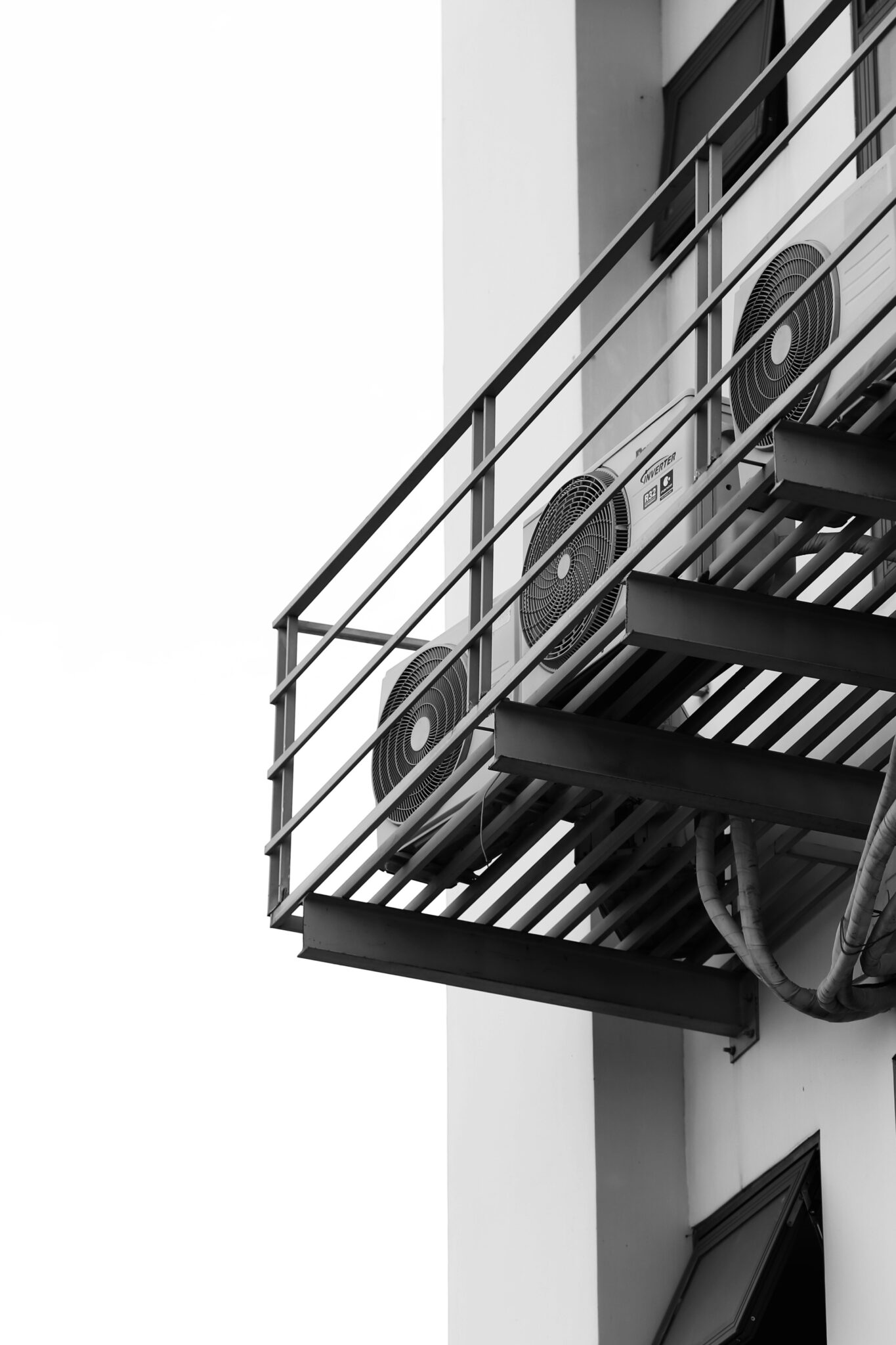




HVAC Worker Injuries
On The Job And On The Road
When dealing with a defective air conditioner or a broken furnace, there are different risks which can lead to HVAC worker injuries. HVAC (heating, ventilation and air conditioning) technicians are called out to offices, factories, hospitals and homes. As a result, they are exposed to hazards both in the workplace and on the road. It is a physically demanding job which involves crawling around tight spaces, climbing ladders and dealing with dangerous chemicals.
If you work in this sector, you are generally covered by employers’ liability insurance. However there are instances when you may want to file a personal injury claim. This includes third party negligence (e.g. a property owner), road accidents, exposure to unsafe chemicals from a third-party supplier, or slips and falls on a job site.
Knowing when to file a personal injury claim can help HVAC workers receive full compensation for their injuries, beyond their employer’s insurance.
Jefferies Claims works with lawyers who operate on a ‘No Win, No Fee’ basis and can advise on whether you have a potential claim.
Different Environments For HVAC Technicians
HVAC work is risky as it requires technicians to cover a wide range of environments. Residential homes, commercial buildings, industrial facilities, and even outdoor job sites provide all year-round work for this industry and connected hazards:
- Residential Homes – Working in homes might appear to be safer, but HVAC workers often have to squeeze into attics, basements, and crawl spaces. Here they may encounter pests, mould, and asbestos. They also have to manoeuvre around pets and household goods and furniture.
- Commercial Buildings – In office buildings, retail stores, and restaurants, HVAC workers are often dealing with larger, more complex systems. This may require working on rooftops or in cramped mechanical rooms. An environment such as this exposes them to possible falls and electrical dangers.
- Industrial Facilities – HVAC systems in manufacturing plants and warehouses are often massive. This may see technicians working around heavy machinery in noisy, high-traffic areas. These environments can be particularly hazardous due to possible exposure to chemicals, moving equipment and extreme temperatures.
- Outdoor Job Sites – Some HVAC work happens outside, such as installing rooftop units or servicing outdoor condensers. Weather conditions, from blistering heat to freezing cold, can make the job even more dangerous.
HVAC Worker Injuries
Whether working with power tools or handling dangerous chemicals, there are various daily hazards in the workplace which may result in injuries. Some of these may include:
Falls
Working on ladders, scaffolding, or rooftops puts HVAC workers at serious risk of falling. A slip or misstep can lead to broken bones or head injuries.
Electrocution
HVAC systems involve a lot of electrical components and so shocks or electrocution are always a hazard. Wires, circuits, and capacitors can carry enough voltage to cause serious injury if proper safety procedures are not followed.
Burns
HVAC techs frequently deal with extremely hot or cold surfaces. These can range from scorching furnace components to freezing refrigerant lines. Accidental contact with these surfaces can cause burns, whether from heat, chemicals, or even frostbite.
Chemical Exposure
Refrigerants, cleaning agents, and other chemicals used in HVAC work can be dangerous if inhaled or come into contact with the skin. Exposure to refrigerants, for example, can lead to respiratory issues, dizziness, and even long-term health problems if proper protective gear isn’t used.
Muscle Strains And Sprains
HVAC work is physically demanding, requiring workers to lift heavy equipment, twist into awkward positions, and perform repetitive motions. Chronic back pain, muscle strains and other musculoskeletal injuries may occur over a prolonged period.
Cuts and Puncture Wounds
Sharp metal edges, power tools, and sheet metal can all cause nasty cuts or puncture wounds. Without the right gloves and protective gear, HVAC workers are at risk of injuries that can lead to infections.
Respiratory Issues
Dust, mould, insulation fibres, and fumes from chemicals can all pose respiratory hazards. Without proper ventilation and masks, HVAC techs can develop lung problems while conditions like asthma may be aggravated.
Dangers On The Road
It’s not just the job sites that pose risks as HVAC workers can spend a lot of time on the road, driving between service calls. As they often drive large vans filled with tools and equipment, this notches up the level of risk if they are involved in a traffic accident.
Fatigue, traffic congestions and heading out in all kinds of weather also ups the ante for accidents. Additionally, equipment such as heavy toolboxes or refrigerant tanks, should be properly secured.
When To File A Personal injury Claim
If you work in the HVAC industry and have been injured on the job, it may be worthwhile to find out more about a personal injury claim. You may have grounds if you have been involved in a traffic accident which was not your fault or been exposed to faulty equipment or unsafe chemicals from a third party. Unsafe work environments, also by a third party, such as a property owner, may also pose hazards.
Personal injury claims for compensation may be made if the injury is sustained through no fault of yours. You will have to show that the injury was directly linked to someone else’s negligence.
At Jefferies Claims, we will guide you through the claims process. We partner with experienced lawyers who will assess all aspects of your case and who work on a ‘No Win, No Fee’ basis.
Contact Jefferies Claims today at 0333 358 3034 or complete our online contact form to arrange an initial no-obligation telephone consultation.
